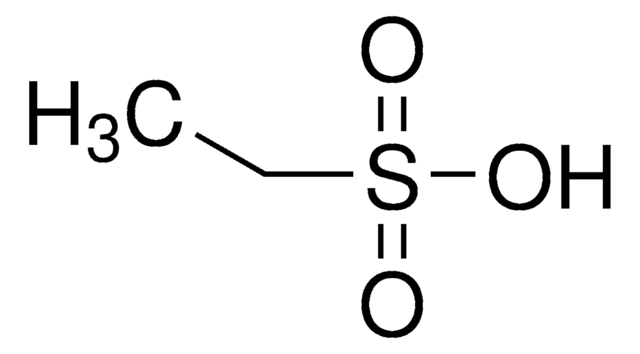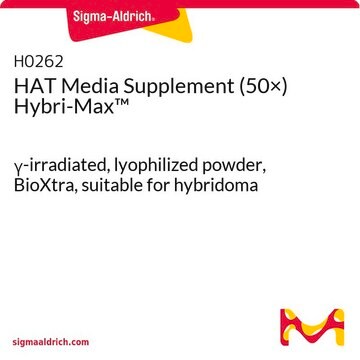A5879
2-(2-Aminoethyl)isothiourea dihydrobromide
Synonym(s):
2-(2-Aminoethyl)-2-thiopseudourea dihydrobromide, AET, S-(2-Aminoethyl)isothiouronium bromide hydrobromide
About This Item
Recommended Products
Assay
≥98% (TLC)
Quality Level
form
powder
mp
190-196 °C (lit.)
solubility
water: 50 mg/mL, clear to very slightly hazy, colorless to yellow
SMILES string
Br[H].Br[H].NCCSC(N)=N
InChI
1S/C3H9N3S.2BrH/c4-1-2-7-3(5)6;;/h1-2,4H2,(H3,5,6);2*1H
InChI key
XDVMCVGTDUKDHL-UHFFFAOYSA-N
Gene Information
human ... NOS1(4842) , NOS2(4843) , NOS2B(201288) , NOS2C(645740) , NOS3(4846)
Looking for similar products? Visit Product Comparison Guide
Application
Biochem/physiol Actions
Signal Word
Warning
Hazard Statements
Precautionary Statements
Hazard Classifications
Acute Tox. 4 Oral - Eye Irrit. 2 - Skin Irrit. 2 - STOT SE 3
Target Organs
Respiratory system
Storage Class Code
11 - Combustible Solids
WGK
WGK 3
Flash Point(F)
Not applicable
Flash Point(C)
Not applicable
Personal Protective Equipment
Certificates of Analysis (COA)
Search for Certificates of Analysis (COA) by entering the products Lot/Batch Number. Lot and Batch Numbers can be found on a product’s label following the words ‘Lot’ or ‘Batch’.
Already Own This Product?
Find documentation for the products that you have recently purchased in the Document Library.
Customers Also Viewed
Our team of scientists has experience in all areas of research including Life Science, Material Science, Chemical Synthesis, Chromatography, Analytical and many others.
Contact Technical Service










